What Else Must I Prepare Before An Interview
Things that Interviewees forget to prepare | Clothes & Attire | Interview Details | Preparing a Script | Applying Research into Action
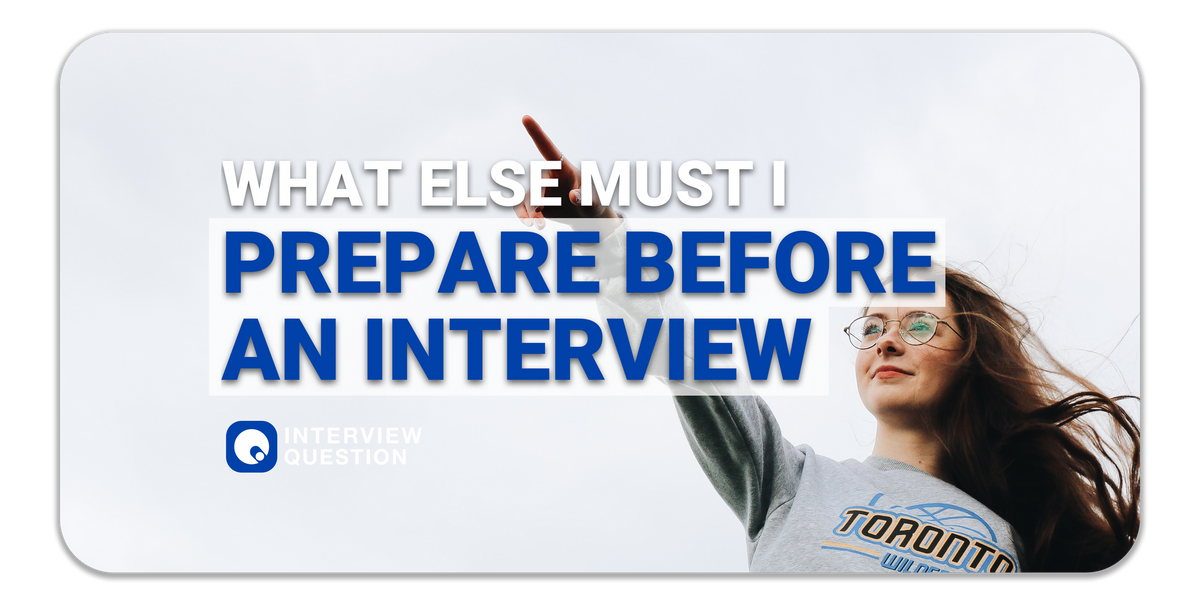
Many interviewees tend to forget to prepare ahead of time before an interview - some do, but some don't (prepare enough). It can be really stressful preparing everything beforehand, but it will ease your mind knowing that you have everything planned out before the day of.
Most Commonly Forgotten Things To Prepare
Some of the most common things interviewees tend to forget are what they will wear, their interviewer's name, and their research on the company they are interviewing for.
Clothes & Attire
Interviewees tend to forget about their clothes because they think that they will look good in whatever clothes they bring with them, but when the day comes you might get dressed up in something way different than what you had planned to wear.
Investing in new clothes is an easy fix if you forgot about it, but sometimes it can take days or weeks to find what you need/want.

Some say the clothes make the man.
You don't want to rush to the departmental store at the last minute to replace a moldy tie or taper your skirt so it fits right.
Prepare your attire at least a day in advance, and hook the "interview-day costume" on a corner of your closet so you don't panic over these little things at the last minute.
Well, I think it also helps you stay calm and composed so you perform at your peak during the interview. Also consider reading this article below as well.
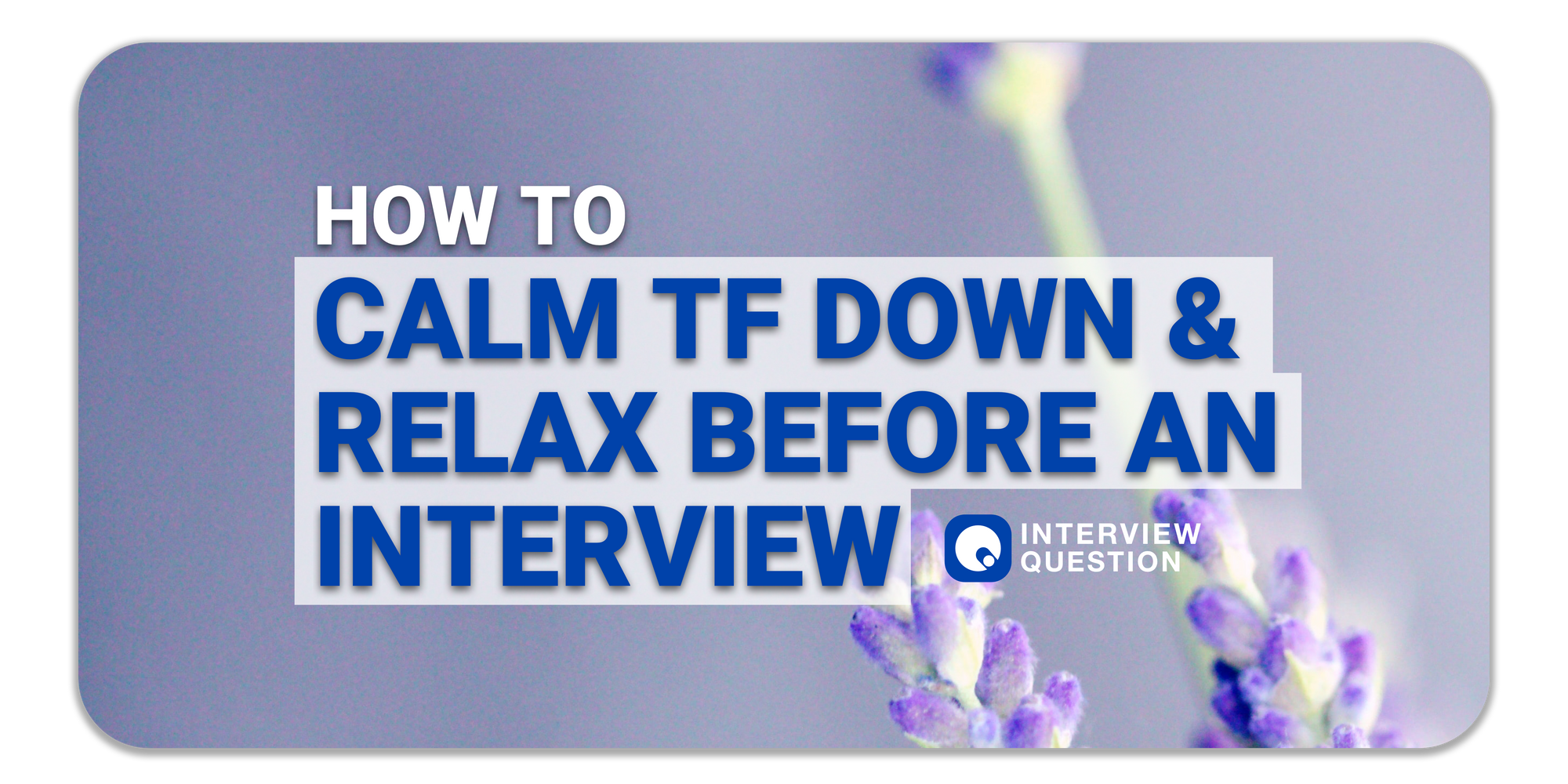
Interview Details & Interviewer's Name
The other common thing interviewees forget about is the name of the interviewer. Unless you are talking to someone who has personally interviewed someone at your company, then their name isn't important information for this discussion - it will be brought up later on.
Preparing a script
Having your sentences, thoughts and ideas planned out ahead of time can greatly reduce the stress that comes with interview preparation. Memorize some salient ideas which you can recall and regurgitate (i.e. spit out) during the interview can make on-the-spot thinking easier when you are on the hotseat.
Getting your script right, getting it "all planned out" ahead of time will ensure you do not "say the wrong things" which will ruin the interview.
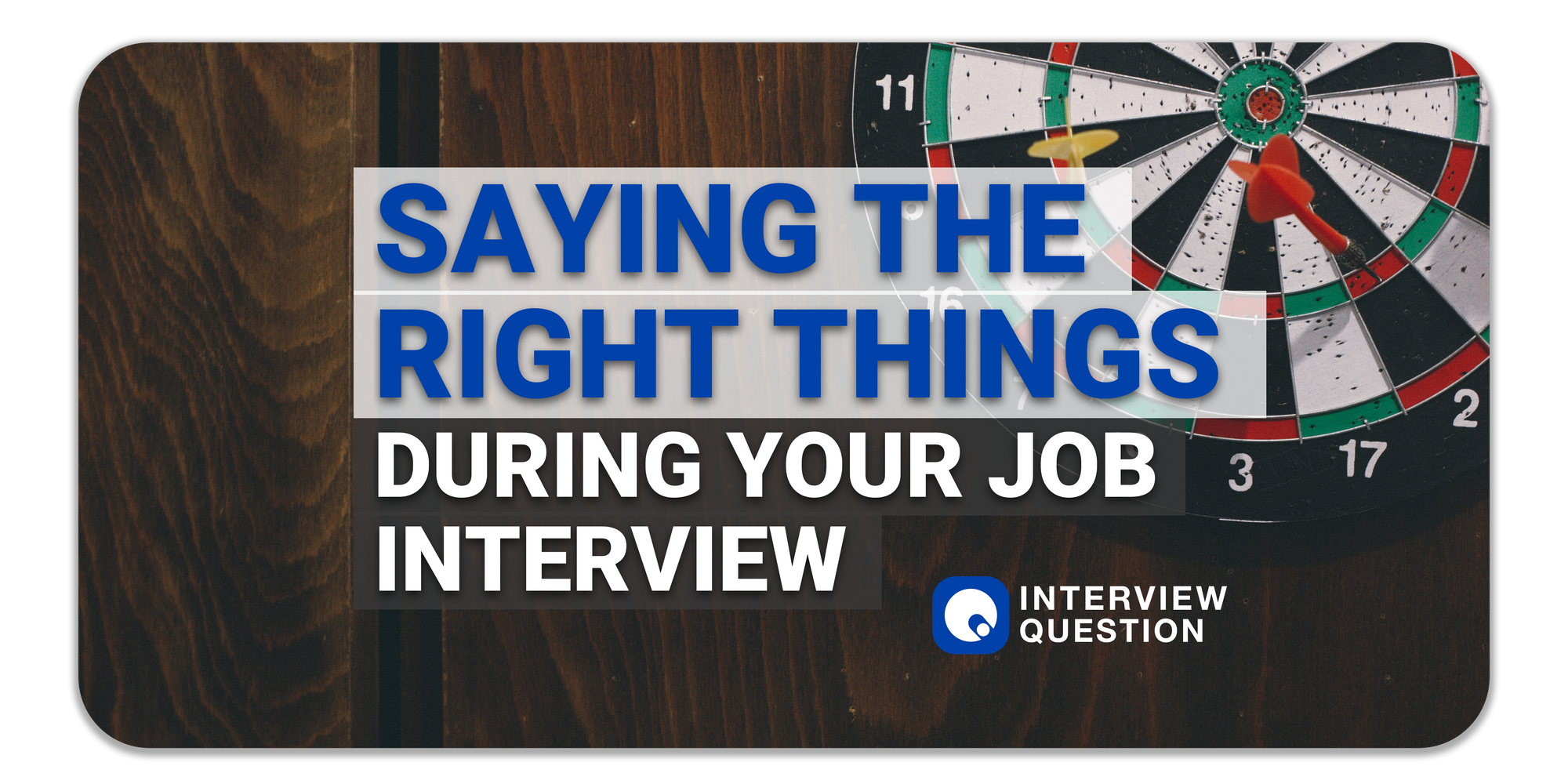
Applying Research into Action
The last common thing interviewees forget about is the research they did on the company they are interviewing for. The most important thing to consider when you are researching a company is if their values align with your own. If you aren't passionate about the company/organization you are interviewing with then it would be best not to join them.
You should apply the research into quantifiable action in the interview.
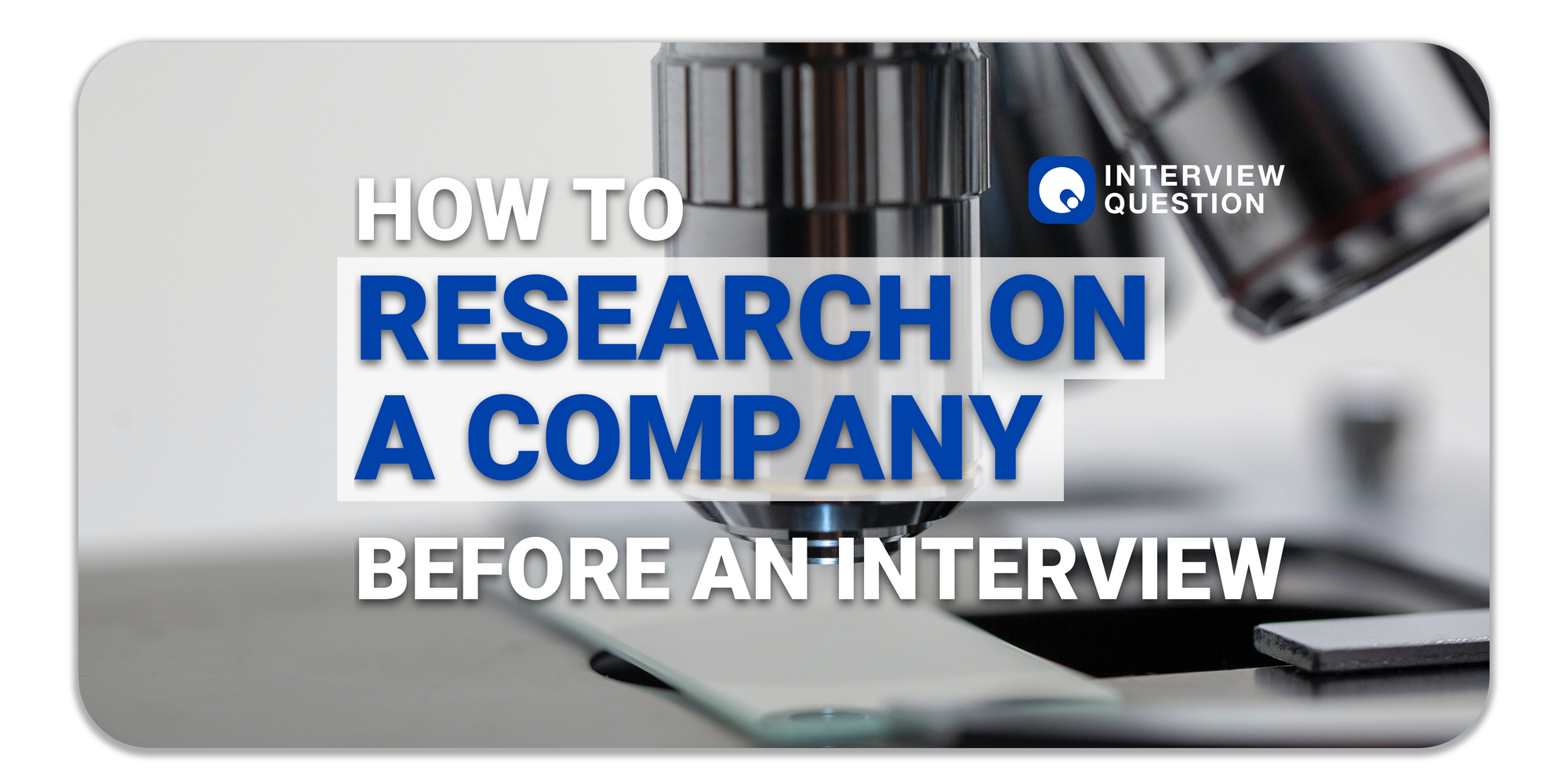
Interview examples
Often, interviewers want concrete and clear examples of specific instances as a supporting evidence for the points you raise. Preparing the details of these examples in advance and memorising the list in point-form can help with recall during an interview. Having around 3 to 4 examples of situations, projects and activities can help you stand a better chance of scoring well in an interview.
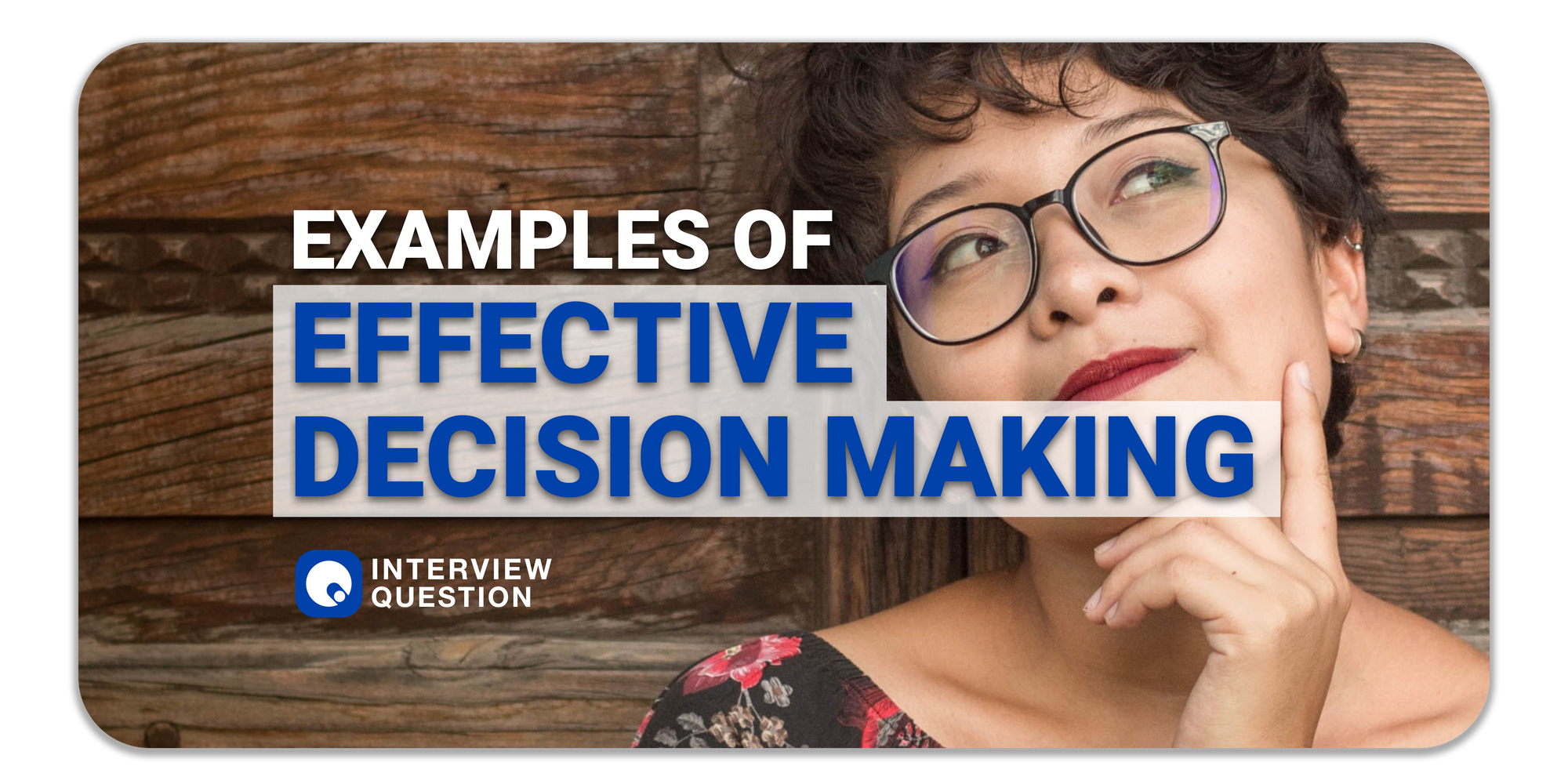
Conclusion
These are the three most common things interviewees tend to forget, but there can be many other things that interviewees tend to forget. It might be really stressful preparing everything beforehand, but afterwards you will feel relieved knowing that you have everything planned out before the big day.

